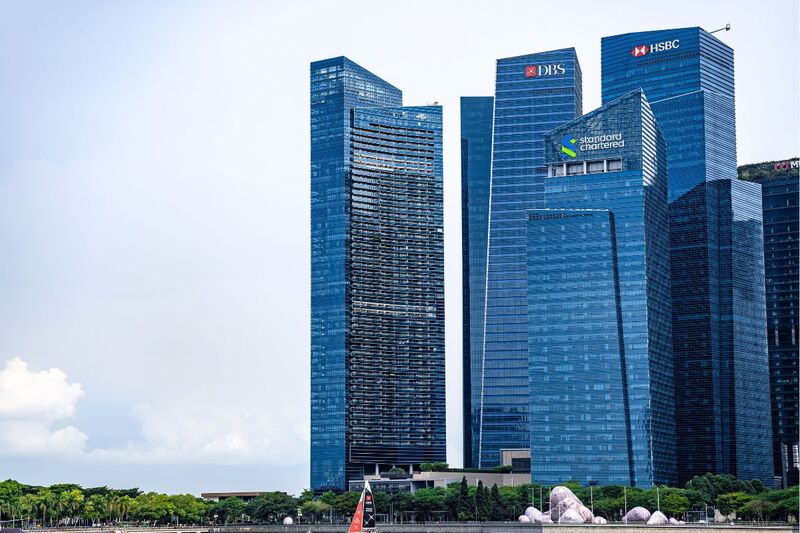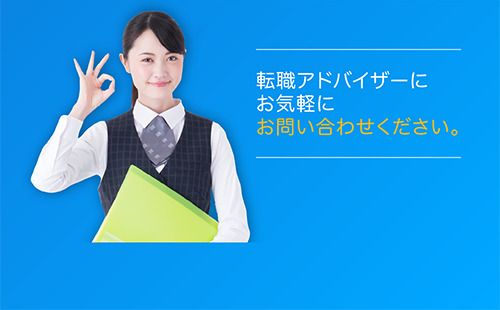10 Singapore Résumé Tweaks Recruiters Notice in 7 Seconds

This article is written in English for readers in Singapore. Chinese and Japanese translations are available on our website.
You Have 7 Seconds to Impress — Here’s How
Recruiters spend an average of 7.4 seconds scanning each résumé, according to a LinkedIn Talent Insights 2025 study.
In Singapore’s fast-paced job market — where each role receives over 80 applications on average (JobStreet Hiring Report 2025) — your résumé needs to capture attention fast.
At Reeracoen Singapore, our consultants review thousands of applications every month.
Here are ten recruiter-approved tweaks that can help your résumé stand out, backed by local hiring data and best practices.
1. Use a Clear, Professional Layout
Skip creative templates or fancy fonts. Recruiters and AI parsers read clean, single-column layouts best.
Use Arial, Calibri, or Helvetica fonts, 10–11 pt size, and consistent spacing.
Pro tip: Save your file in both Word (.docx) and PDF formats. AI résumé scanners prefer text-based documents over image-heavy designs.
2. Lead with a Compelling Professional Summary
Replace the old “Career Objective” with a 3–4 line professional summary highlighting your experience, sector expertise, and key skills.
Example:
“Marketing professional with 8 years’ experience in FMCG and digital transformation. Proven record in campaign management and regional brand strategy.”
3. Tailor Each Résumé to the Job Description
According to JobStreet’s 2025 Hiring Insights, applicants who customise their résumé for each role are 3× more likely to get shortlisted.
Highlight keywords from the job description — but use them naturally.
For example, if a posting emphasises “stakeholder management,” mention it in your achievements or skills section.
4. Quantify Achievements with Numbers
Recruiters are drawn to measurable results.
Instead of: “Responsible for managing projects.”
Say: “Managed 5 concurrent projects worth S$2M annually, delivering 95% on-time completion.”
Concrete figures make your impact visible — and instantly credible.
5. Optimise for AI Resume Scanners
Over 70% of employers in Singapore use Applicant Tracking Systems (ATS) such as Workday or JobAdder.
To avoid rejection by AI filters:
- Avoid using tables or text boxes.
- Spell out acronyms (e.g., “Search Engine Optimisation (SEO)”).
- Use bullet points instead of long paragraphs.
Related article: [AI Job Interviews in Singapore: What to Expect & How to Prepare]
6. Keep It Within Two Pages
Recruiters value brevity. Most mid-career candidates should keep their résumé under two pages.
Focus on achievements from the last 10 years and remove outdated or irrelevant experience (e.g., part-time student jobs).
7. Include Skills That Match Market Demand
Based on Reeracoen’s APAC Workforce Whitepaper 2025, Singapore employers are prioritising skills in:
- Data analytics
- Project management
- Digital marketing
- Cybersecurity
- Green sustainability
Include both hard and soft skills, but tailor them to your target industry.
8. Highlight Certifications and Continuous Learning
Singapore’s SkillsFuture movement places high value on upskilling.
If you’ve earned relevant micro-certifications (e.g., Google Analytics, Scrum Master, CFA Level I), place them near the top.
This shows adaptability — a trait employers consistently cite as critical in 2026 hiring trends.
9. Add a Strong LinkedIn & Contact Section
A well-maintained LinkedIn profile increases your visibility to recruiters by up to 40%, according to LinkedIn Singapore (2025).
Include:
- Updated LinkedIn URL
- Professional email address
- Singapore contact number
Make sure your LinkedIn headline matches your résumé summary for better search ranking.
10. Proofread, Proofread, Proofread
It sounds basic, but typos are the #1 reason résumés are rejected in first-round scans.
Use tools like Grammarly, or ask a trusted friend or recruiter to review your document.
A clean résumé signals attention to detail — a key trait every hiring manager values.
Bonus: Format Checklist (Quick Reference)
✅ Font: Arial / Calibri / Helvetica, 10–11 pt
✅ Length: 1–2 pages
✅ Sections: Summary, Experience, Education, Skills, Certifications
✅ File type: .docx + .pdf
✅ Naming convention: “Firstname_Lastname_Resume.pdf”
How Reeracoen Helps You Create a Recruiter-Ready Résumé
At Reeracoen Singapore, our consultants coach candidates to craft impactful résumés tailored for real hiring systems.
We offer:
- Resume optimisation for ATS compatibility.
- Personal branding and LinkedIn enhancement sessions.
- Access to our Onboarding Playbook and Career Coaching Library.
- Insider data from the Reeracoen × Rakuten Insight APAC Workforce Whitepaper 2025.
Our goal: to help your résumé open doors — not just get scanned.
🔍 FAQ: Resume Tips in Singapore
Q1. Should I include my photo or age?
No. Under Singapore’s Fair Employment Guidelines, personal identifiers like age, gender, or photo are not required.
Q2. How often should I update my résumé?
Every 6–12 months, or whenever you complete a new certification or project.
Q3. Do recruiters still value cover letters?
Yes — but only if they’re concise (under 200 words) and role-specific.
Q4. What format works best for online applications?
Submit both .docx and .pdf versions. Keep formatting simple to ensure readability by AI systems.
👩💼 For Jobseekers: [Submit Your CV — Let Reeracoen’s consultants help you refine your résumé for top employers.]
💼 For Employers: [Book a Consultation — Find Singapore’s best-qualified candidates faster.]
✅ Final Author Credit
By Valerie Ong (Regional Marketing Manager, Reeracoen Singapore)
Published by Reeracoen Singapore — a leading recruitment agency in APAC.
Related Articles:
- [AI Job Interviews in Singapore: What to Expect & How to Prepare]
- [Upskilling in the Age of AI & Green Jobs]
- [Top 10 Hiring Trends to Watch in 2026 (Singapore)]
📚 References
- LinkedIn Talent Insights 2025 – Global Recruiting Data
- JobStreet Hiring Report 2025 – Singapore Recruitment Data
- Ministry of Manpower – Fair Employment Practices
- SkillsFuture Singapore – National Skills Framework
- Reeracoen × Rakuten Insight APAC Workforce Whitepaper 2025

Disclaimer:
The information provided in our blog articles is intended for general informational purposes only. It is not a substitute for professional advice and should not be relied upon as such.
While we strive to provide accurate and up-to-date information, the ever-evolving nature of certain topics may result in content becoming outdated or inaccurate over time. Therefore, we recommend consulting with qualified professionals or experts in the respective fields for specific advice or guidance. Any actions taken based on the information contained in our blog articles are solely at the reader's discretion and risk. We do not assume any responsibility or liability for any loss, damage, or adverse consequences incurred as a result of such actions.
We may occasionally provide links to external websites or resources for further information or reference. These links are provided for convenience and do not imply endorsement or responsibility for the content or accuracy of these external sources. Our blog articles may also include personal opinions, views, or interpretations of the authors, which do not necessarily reflect the views of our organisation as a whole. We encourage readers to verify the accuracy and relevance of information presented in our blog articles and to seek professional advice when needed. Your use of this website and its content constitutes acceptance of this disclaimer.






